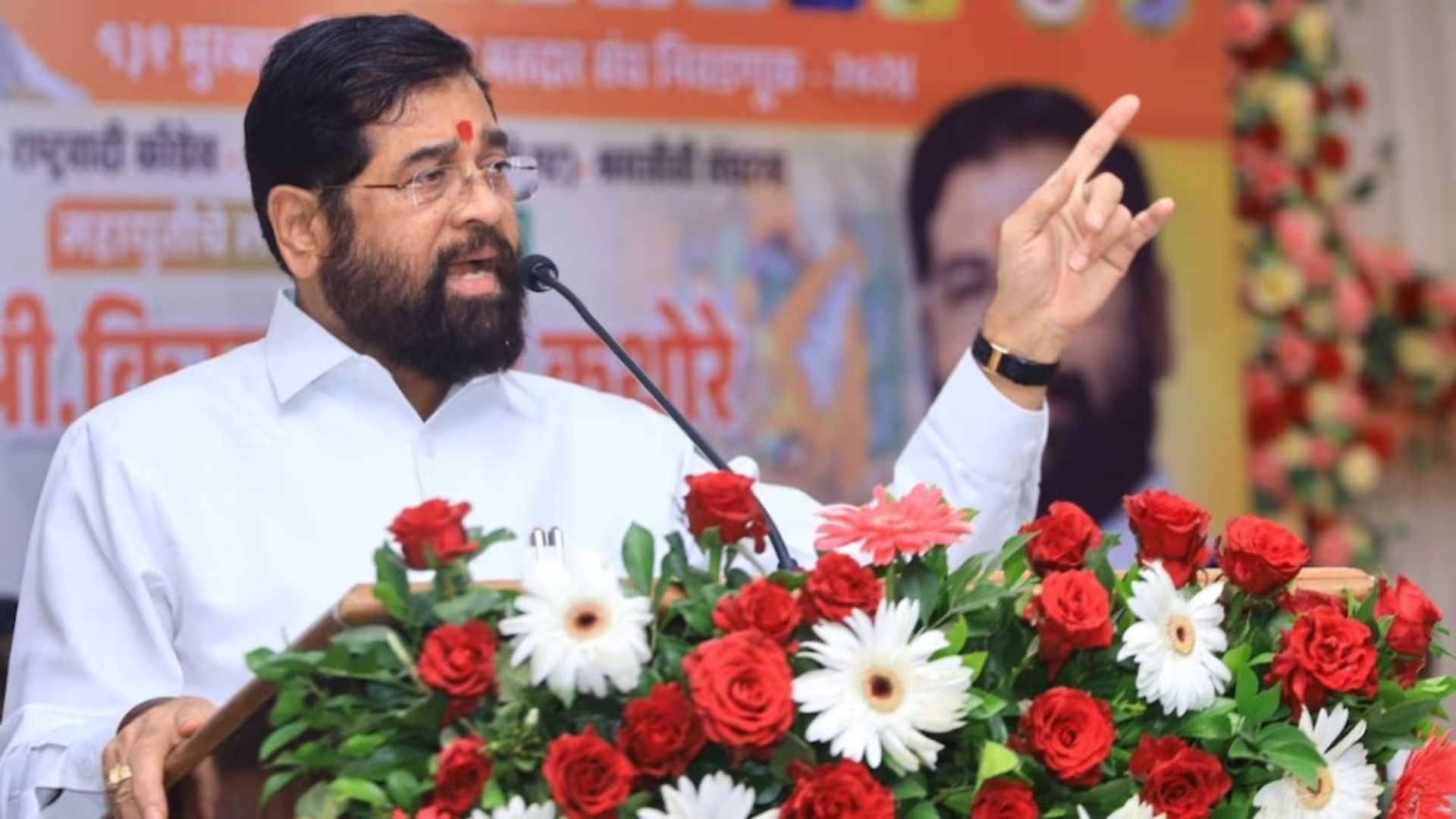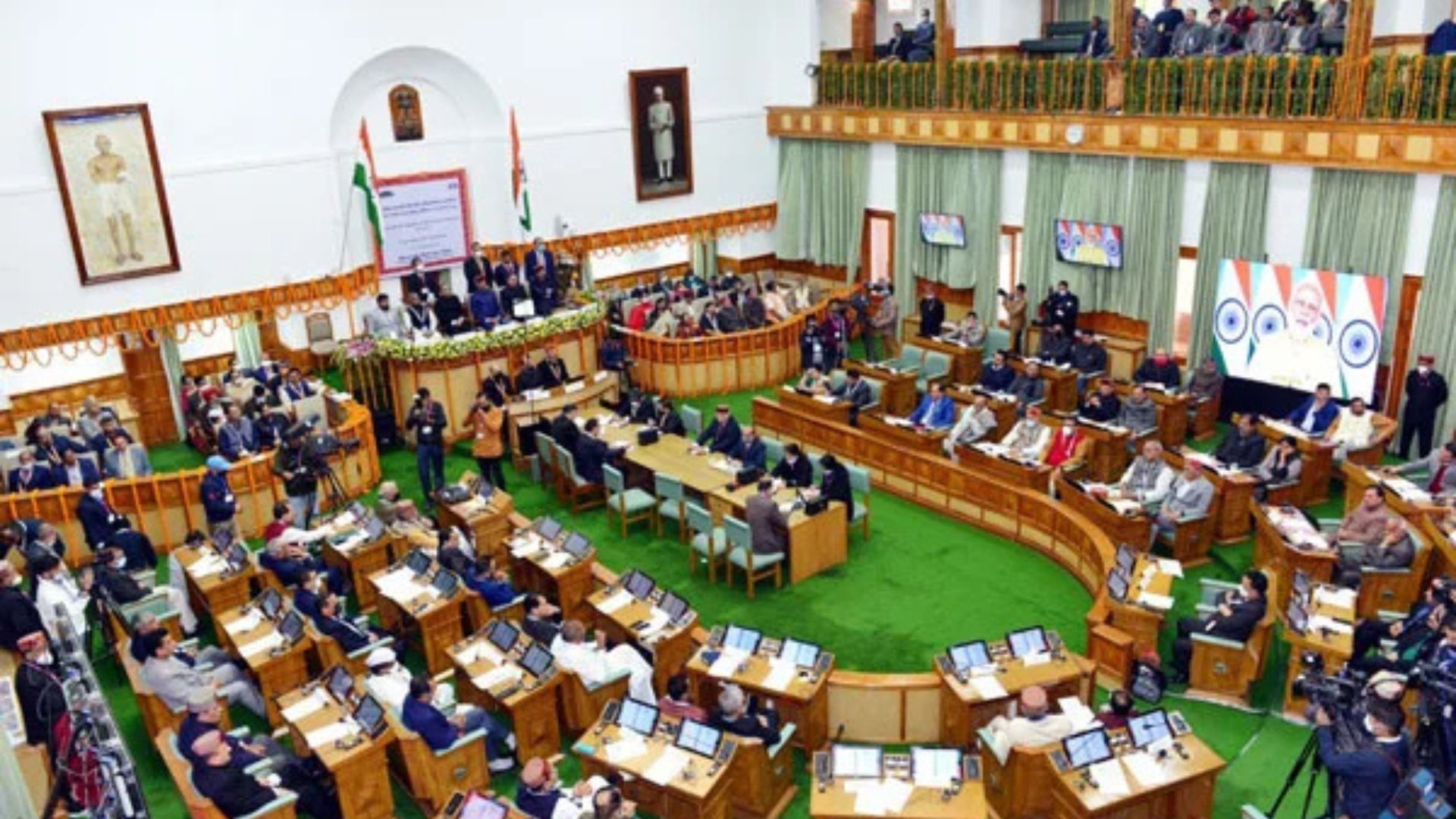The Center on Friday decided to establish a committee under the finance secretary to improve the New Pension System (NPS) in order to address employee concerns while keeping fiscal responsibility in light of some non-BJP-ruled states’ decision to return to the old pension scheme.
Finance Minister Nirmala Sitharaman stated that the new strategy for the NPS will be created for adoption by both the central and state governments while introducing the Finance Bill 2023 for discussion and passage in the Lok Sabha.
“I suggest creating a committee under the supervision of the finance secretary to investigate the pensions issue and develop a strategy that addresses the needs of employees while maintaining fiscal restraint to safeguard common citizens,” she said.
“The approach will be designed for adoption by both the central government and state governments.”
The decision came in the backdrop of several non-BJP states deciding to revert to the DA-linked old pension scheme (OPS) and also employee organisations in some other states raising demand for the same.
The state governments of Rajasthan, Chhattisgarh, Jharkhand, Punjab and Himachal Pradesh have informed the Centre about their decision to revert to the old pension scheme and have requested a refund of the corpus accumulated under the NPS.
Maharashtra government employees agitating for the restoration of the OPS earlier this week called off a week-long strike after a meeting between their representatives and Chief Minister Eknath Shinde.
Earlier this month, the central government informed Parliament that it is not considering any proposal to restore the OPS in respect of the central government employees recruited after January 1, 2004.
Speaking on the announcement, Information and Broadcasting Minister Anurag Thakur said the committee will look at various suggestions on the NPS-OPS issue.
This is the right step which will keep in mind the benefit of employees as well as fiscal prudence, Thakur added.
Under the OPS, retired government employees received 50 per cent of their last drawn salary as monthly pensions. The amount keeps increasing with the hike in the DA rates. OPS is not fiscally sustainable as it is not contributory and the burden on the exchequer keeps on mounting.














